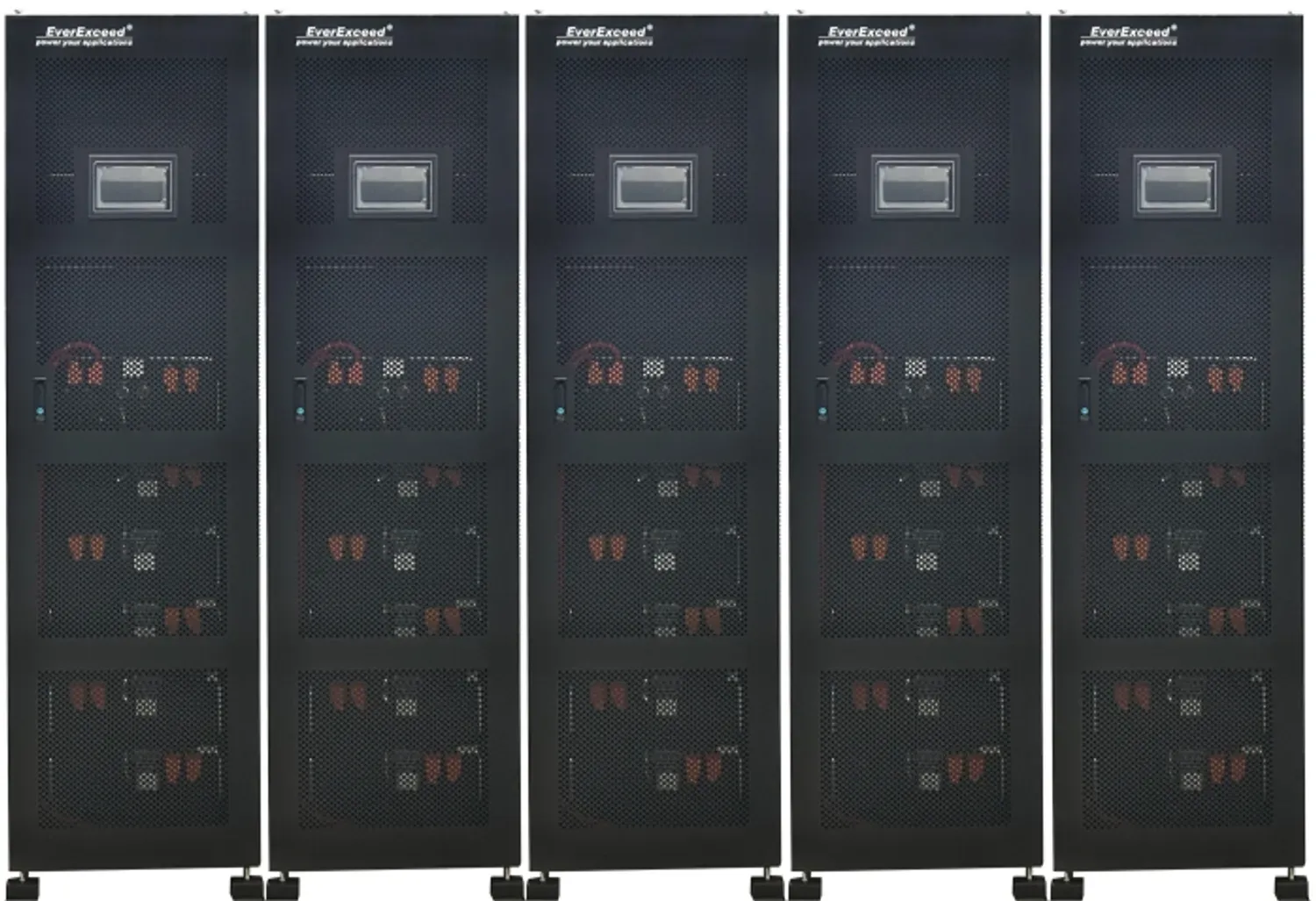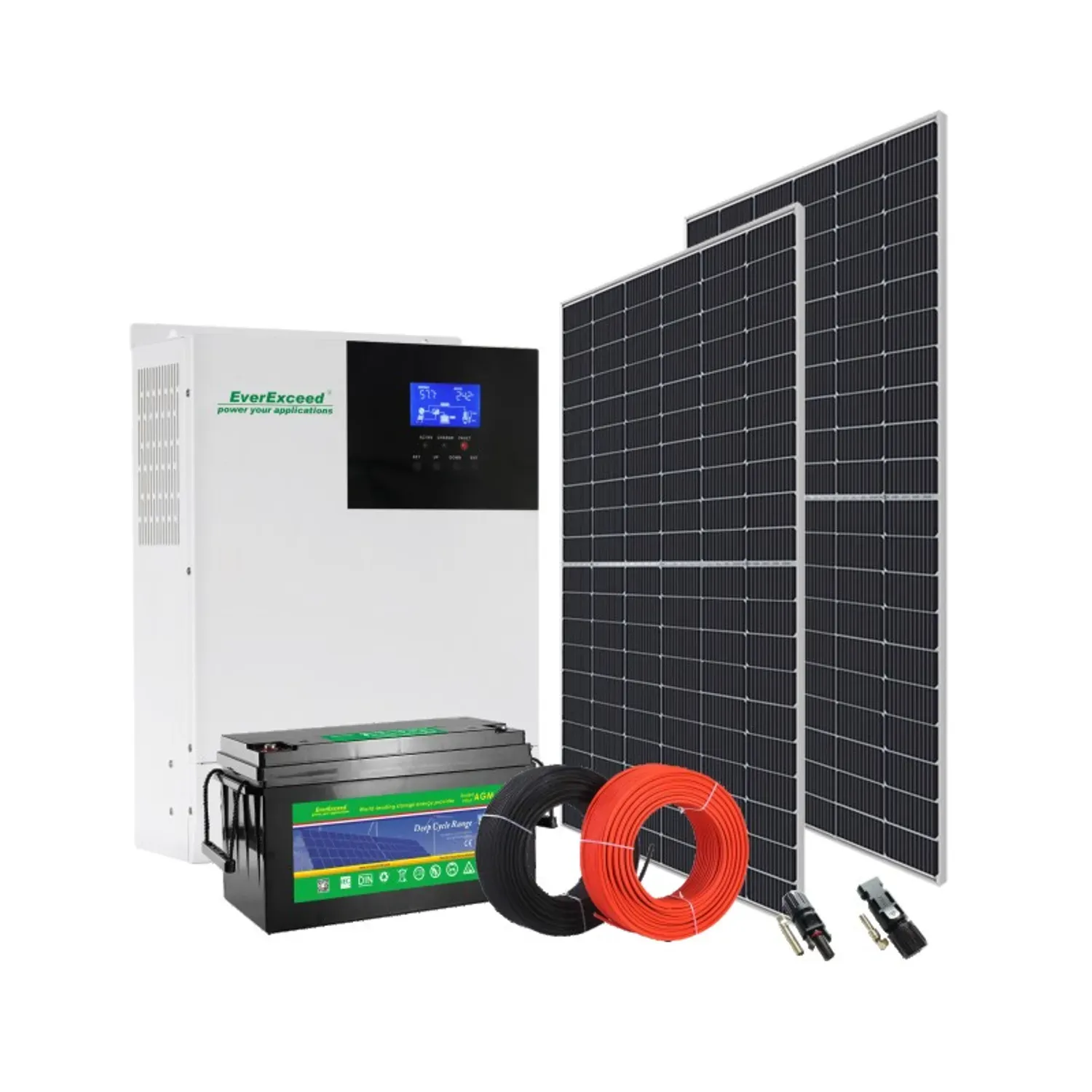
Get a Quote
What is the Difference Between UPS Battery and Inverter Battery?
When it comes to reliable power solutions, understanding the nuances between different types of batteries is crucial. Whether you're seeking backup power for your home or office, it's essential to choose the right battery system to ensure efficiency and reliability. This blog will explore the difference between UPS battery and inverter battery, helping you make an informed decision based on your power needs.
Understanding UPS Batteries
What is a UPS Battery?
A Uninterruptible Power Supply (UPS) battery is a critical component in ensuring continuous power during outages. UPS systems are designed to provide immediate power backup for a short duration, allowing you to save your work and safely shut down your devices. These batteries are primarily used in environments where maintaining power is crucial, such as data centers, hospitals, and industrial settings.
Key Features of UPS Batteries
UPS batteries are designed with specific features to cater to their primary function of providing immediate backup power. They provide instant power supply, kicking in almost instantly during a power failure to prevent any interruption. They are built for short-term power, typically lasting from a few minutes to an hour depending on the system and load. UPS batteries have a high discharge rate, supplying a significant amount of power in a short time. Moreover, most modern UPS batteries are sealed lead-acid or lithium-ion, which require minimal maintenance.
Understanding Inverter Batteries
What is an Inverter Battery?
An inverter battery, on the other hand, is designed to provide more extended power backup, making it suitable for residential and commercial applications where prolonged power outages are common. Inverter systems convert DC (Direct Current) from the battery into AC (Alternating Current) to power various household or office appliances.
Key Features of Inverter Batteries
Inverter batteries come with features tailored for long-term power supply needs. They provide extended backup duration, capable of supplying power for several hours depending on the capacity and load. They have a deep discharge capability, allowing them to be discharged to a greater extent without getting damaged, making them ideal for prolonged usage. Inverter batteries come in various types, such as tubular, flat plate, and gel batteries, each with unique benefits. They are built for heavy-duty performance, able to handle frequent and prolonged discharges, ensuring durability and reliability over time.
Comparing UPS and Inverter Batteries
Primary Function and Usage
The primary difference between UPS battery and inverter battery lies in their usage and functionality. UPS batteries are designed for immediate, short-term power backup to prevent disruption, while inverter batteries are built to provide extended power during longer outages.
Response Time
UPS batteries have a near-instant response time, typically less than a second, ensuring continuous power supply without any delay. Inverter systems may take a few seconds to switch over from the main power supply to the battery, which is generally acceptable in non-critical applications.
Duration of Power Supply
UPS batteries are suitable for short-term power needs, providing backup for a few minutes to an hour. Inverter batteries are ideal for longer power cuts, offering several hours of backup depending on the capacity and load.
Battery Types and Maintenance
UPS batteries commonly use sealed lead-acid or lithium-ion batteries, which are maintenance-free and have a shorter lifespan compared to inverter batteries. Inverter batteries, available in tubular, flat plate, and gel types, may require periodic maintenance but generally offer a longer lifespan and more robust performance.
Applications of UPS and Inverter Batteries
Typical Applications of UPS Batteries
UPS batteries are predominantly used in environments where an uninterrupted power supply is critical, such as data centers to prevent data loss and ensure server uptime, hospitals for maintaining power to life-saving equipment, industrial settings where continuous power is essential for machinery and processes, and offices to avoid disruption in work and protect electronic devices.
Typical Applications of Inverter Batteries
Inverter batteries are used in settings where prolonged power outages are common, including residential homes to power essential household appliances during outages, small businesses to ensure continuity of operations during extended power cuts, retail outlets to keep lighting and point-of-sale systems operational, and remote areas where power supply is unreliable or non-existent.
Choosing the Right Battery for Your Needs
Factors to Consider
When deciding between a UPS battery and an inverter battery, several factors should be taken into account. These include the typical length of power outages in your area, the criticality of uninterrupted power for your applications, total load requirements, budget considerations, and available space and installation requirements for the battery system.
Making the Decision
If your primary concern is to protect critical devices from sudden power loss and ensure seamless operation for a short duration, a UPS battery is the right choice. Conversely, if you need a reliable backup for longer periods to power household or business appliances, an inverter battery is more suitable.
Conclusion
Understanding the difference between UPS battery and inverter battery is crucial for selecting the right power backup solution. UPS batteries are designed for instant, short-term power supply, making them ideal for critical applications where even a momentary power loss is unacceptable. Inverter batteries, with their ability to provide extended backup, are perfect for residential and commercial use where longer power outages are common.
By considering factors such as the duration of power outages, criticality of continuous power, load requirements, budget, and installation space, you can make an informed decision that meets your specific needs. Whether you opt for a UPS or an inverter battery, investing in the right power backup solution ensures peace of mind and uninterrupted productivity.
At EverExceed, we offer an extensive range of high-quality power storage solutions tailored to meet diverse needs. Our UPS batteries are designed to provide reliable, instant backup power for critical applications, while our inverter batteries offer robust, long-term power solutions for homes and businesses. Explore our products and find the perfect power solution for your requirements with EverExceed. Visit EverExeed today to learn more about our offerings and how we can help keep you powered, no matter what.


